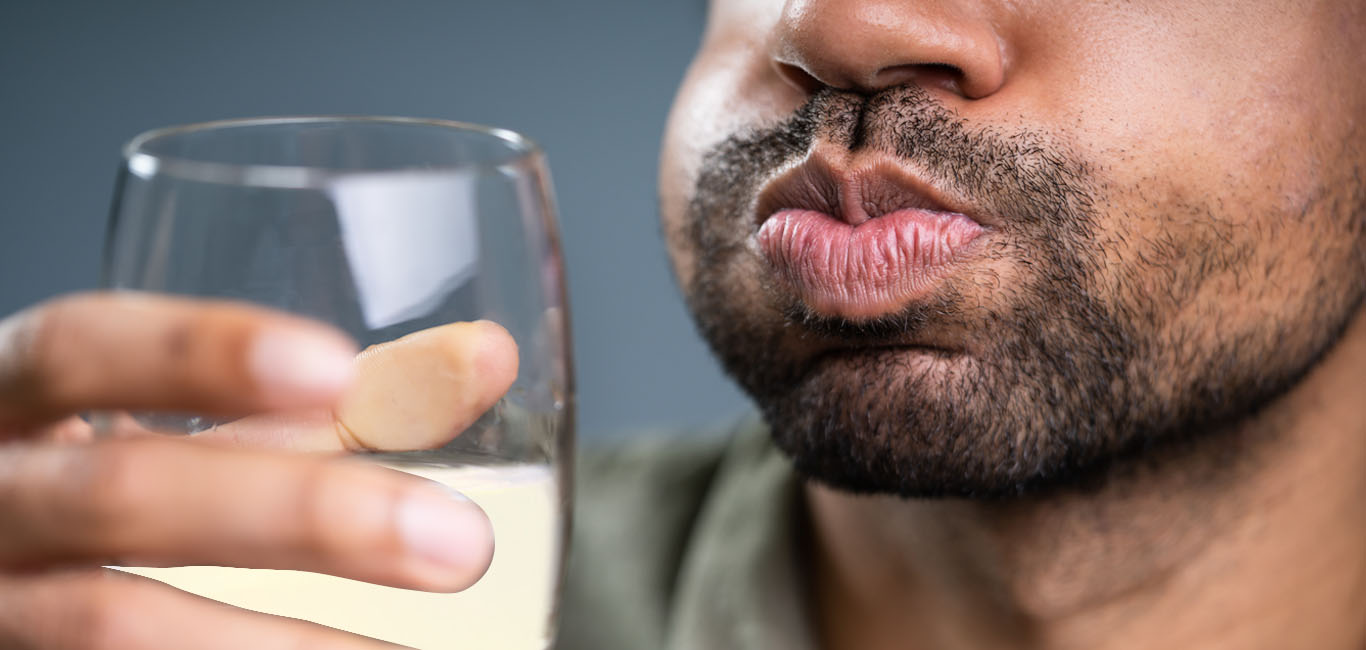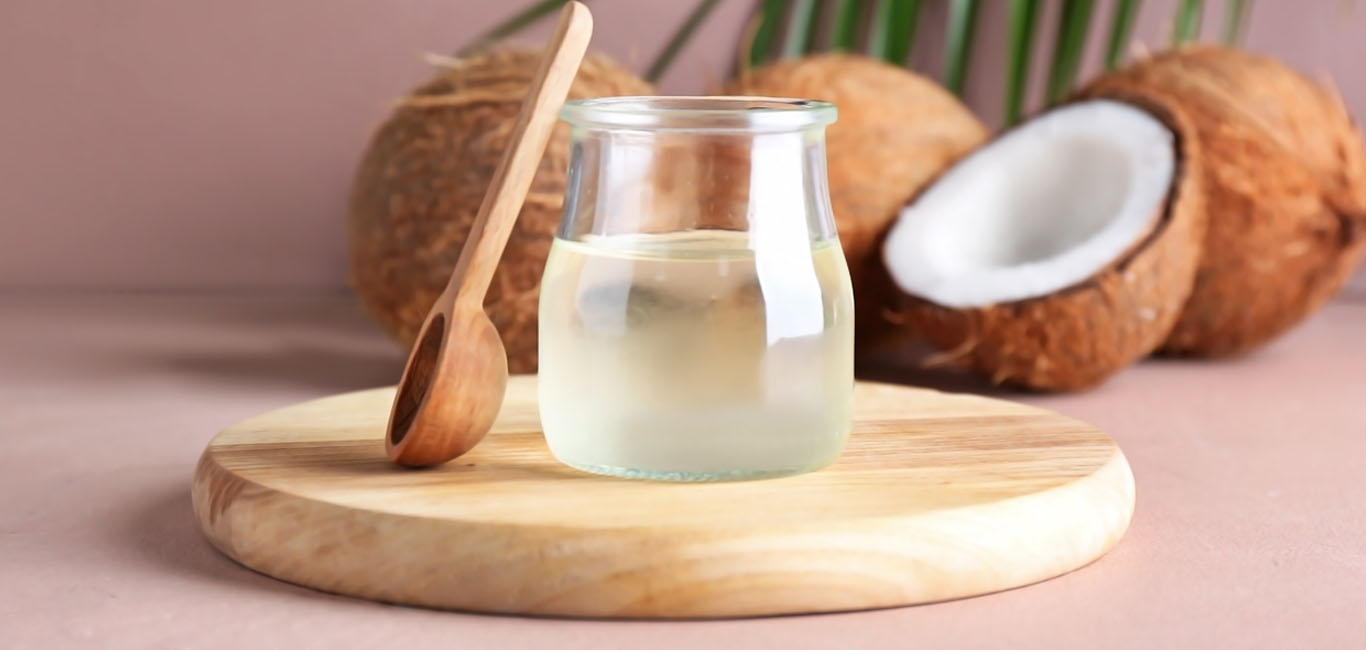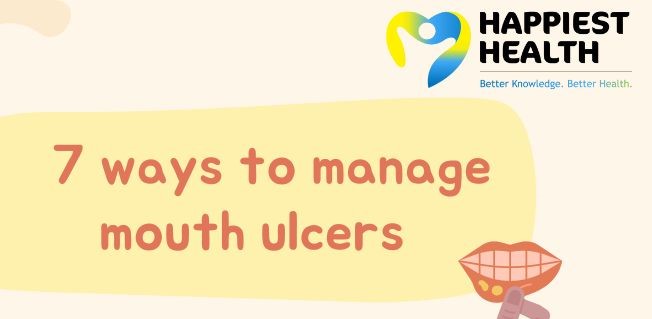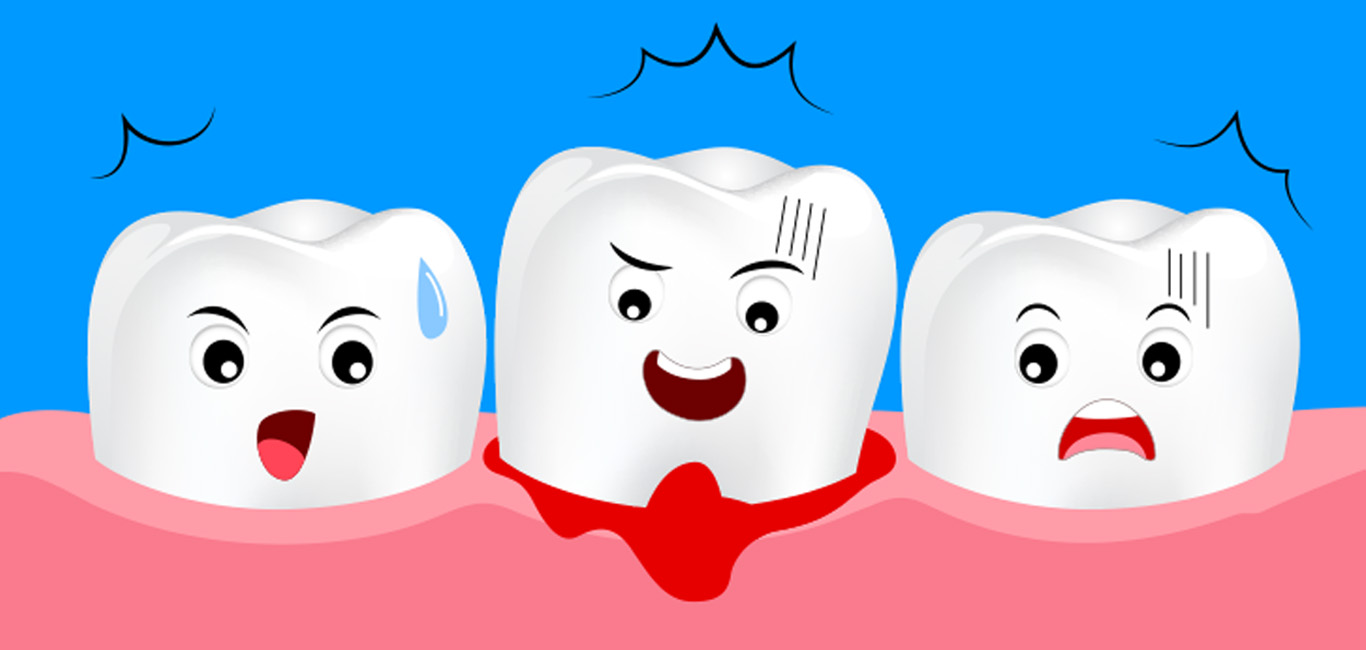
Most of us who use liquid mouthwashes swish it around in our mouths for a few seconds before discarding it. But did you know, there’s also a traditional version of this. A spoonful of any edible oil is used in place of mouthwash, and deftly moved around in the mouth and between the teeth for 15-20 minutes. This is oil pulling.
Claims galore on the health benefits of oil pulling. Its proponents vouch that this therapy can control 30 different systemic problems, including headaches, migraine and chronic diseases such as asthma and diabetes mellitus.
However, little data is available to validate such claims. Further concrete research would be needed to scientifically establish the therapeutic benefits of oil pulling.
However, recent research has partially upheld the effectiveness of the practice –that oil pulling may reduce harmful bacteria in the mouth, remove plaque formation i.e. deposits produced by oral bacteria, and improve gum health and oral hygiene.
“I have been doing oil pulling as part of my morning routine for more than four years,” says Ashish Porte, a yoga teacher from Bengaluru. “It took me a while to get used to it. Now I feel fresh in the mouth after swishing, and the feeling lasts throughout the day. I believe that my gut health has also improved.”
Happiest Health spoke with a few experts to understand oil pulling and its benefits in detail.
Also read
Start your day right with an ayurvedic morning routine
Ayurvedic tips for healthy teeth
“Our mouth has thousands of bacteria, harmful as well as beneficial. The harmful bacteria cause bad breath, dry mouth, cavities, and gum inflammation,” says Dr Indrajit M, periodontist and implantologist, Bengaluru.
He says a toothbrush may not be able to remove food particles lodged between the teeth, especially the last molars, and this causes the microbes to accumulate in the teeth. With regular oil pulling, bacteria and food remnants stuck in the gums and teeth are removed,” he adds.
The ayurvedic perspective
Dr Anjana Parvathy S, assistant professor, Department of Swasthavritta and Yoga, Maria Ayurveda Medical College, Marthandam, Tamil Nadu, says that the ayurvedic tradition includes kavala or oil pulling for oral health. About a spoonful of a prescribed medicated liquid or oil is put into the mouth, swished around for 10-15 minutes by gargling or rinsing the mouth.
For a healthy person without medical issues, Ayurveda practitioners advise regular use of sesame or virgin coconut oil. One can begin with a tablespoon of oil.
Ayurveda doctors also suggest pulling with alternatives such as honey, warm water, natural vinegar or herbal decoctions when the person has any oral conditions.

Coconut oil
Coconut oil as a rinse is a natural preventative compared to the harsh chemicals commonly used in liquid mouthwashes, Dr Parvathy suggests.
According to a study published in the International Society of Preventive and Community Dentistry Journal, pulling with coconut oil was as effective as a prescription mouthwash known as chlorhexidine in decreasing a type of bacteria that causes tooth decay.
Good for gums
“My gums are getting stronger, gum bleeding has also decreased, and my breath is fresher” compared to their state before he started oil pulling, says Murugadoss Balasubramanian, an information technology professional from Chennai.
According to Dr Indrajit, oil pulling reduces plaque content and bad breath. Its followers have felt other benefits, such as deep teeth cleansing, reduced gum inflammation and gum bleeding. It has also worked to soothe the oral tissues and prevent dryness in the mouth and lips.
He says long-term use of antibacterial mouthwashes has disadvantages such as staining of the tooth and a strong, lingering medicinal flavour. Instead, oil pulling can be followed for routine oral hygiene.
“If you have healthy gums, you have a healthy gut. Oral hygiene apart, oil pulling is also good for gut health. I would say that everyone should do this every day, preferably before brushing teeth,” says yoga instructor Porte.
Not for all, nor a panacea
“[It is likely that] this simple oral health technique may improve dental health. It is also very important that you do not substitute your regular dental care visits with oil pulling. One also needs to understand that oil pulling cannot reverse tooth decay but can temporarily help with tooth sensitivities and in maintaining oral hygiene,” says Dr Parvathy.
Oil pulling may also not be to everyone’s liking, as Vishnupriya Prabhakaran of Tiruppur, Tamil Nadu, found out. The 36-year-old teacher started oil pulling with sesame oil after her physician advised her to try it to reduce her problems of recurrent oral ulcers and indigestion.
However, she could not keep up the regime beyond 15 days. “Oil pulling early in the morning would nauseate me. I disliked the feel of oil in the mouth and could keep it in only for a few minutes.”
In such cases when doing in the mornings is a problem, Dr Indrajit recommends oil pulling at night before bedtime to reduce bacteria and nausea. In the initial days, the swishing movement may cause jaw ache in some. Such people could initially do it for a couple of minutes and increase the duration gradually.
People who have amalgam or silver coloured fillings in their teeth should avoid oil pulling as the oil may interact with the filling and affect the oral tissues.
Dr Parvathy cautions that oral health may not improve after one session of oil pulling, but a daily practice may give long term benefits.

















